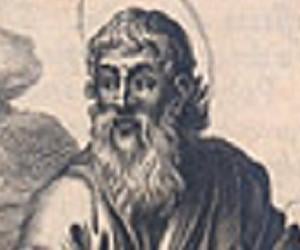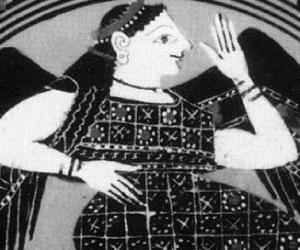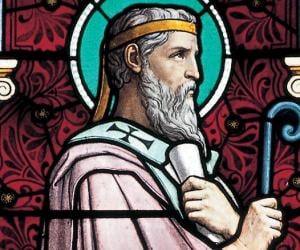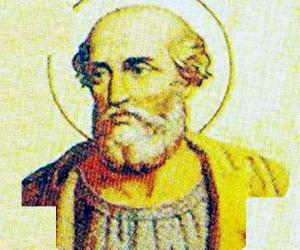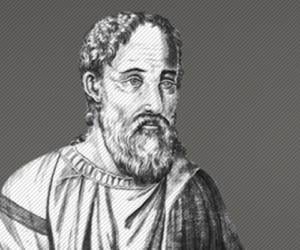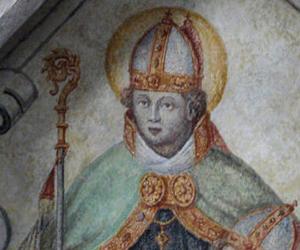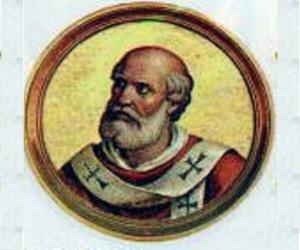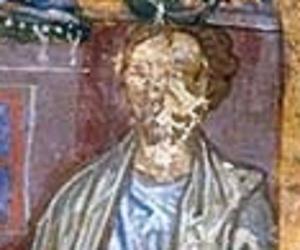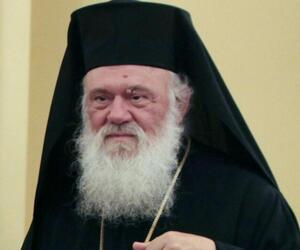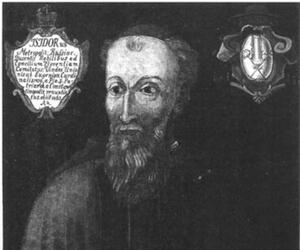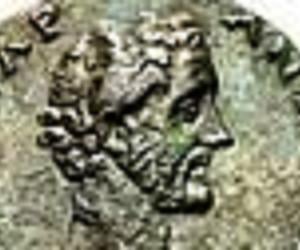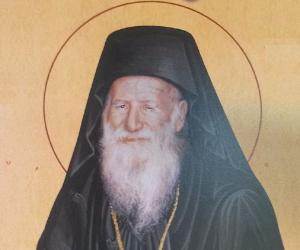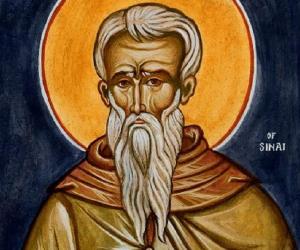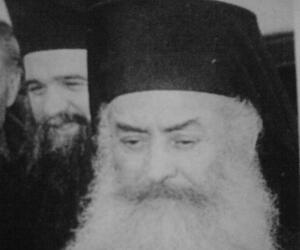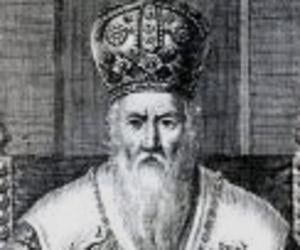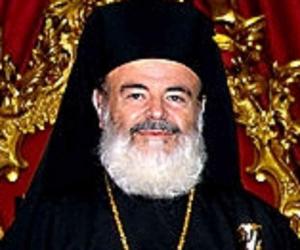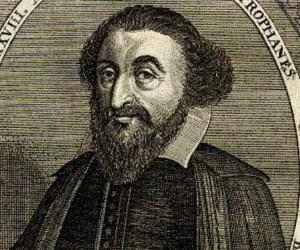1
Polycarp
(Christian Bishop of Smyrna)
Birthdate: 0069 AD
Birthplace: Turkey
Died: 0155 AD
Polycarp was a Christian bishop of Smyrna, known for his martyrdom where he was bound, burned at the stake, and stabbed when the fire failed to consume him. He is revered as a saint and Church Father by various Christian denominations. According to Irenaeus and Tertullian, Polycarp was a disciple of John the Apostle, who ordained him as bishop of Smyrna. Regarded as an Apostolic Father, Polycarp's professional life was marked by his leadership in the early Christian community, grounded in his teachings and martyrdom.
